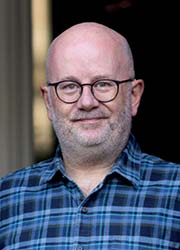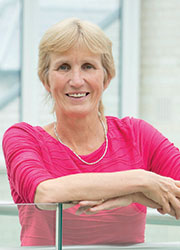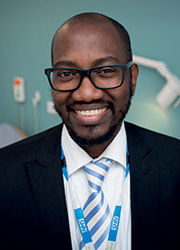
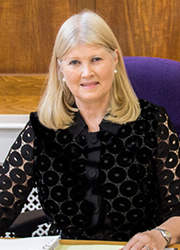
GP Lives: In the line of duty
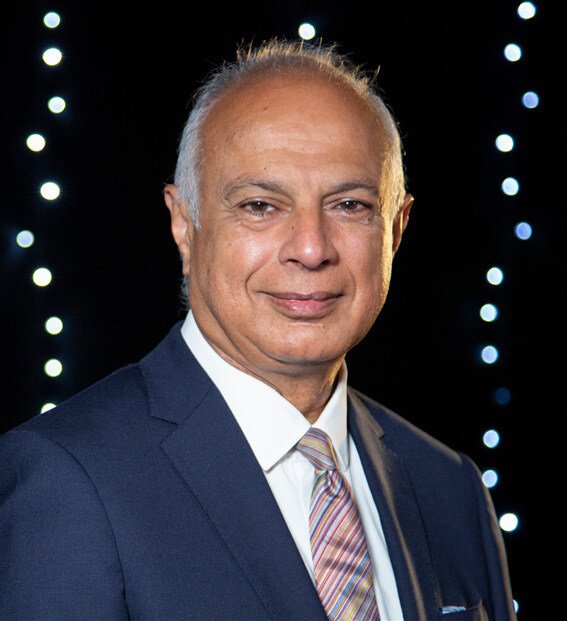
In early April 2020, Leicester GP Kamlesh Khunti was one of the first clinicians in the world to tweet about a possible disproportionate impact of Covid in ethnic minority populations.
"Since then, I've become busy with doing the research in that area. It became very apparent – in fact, the first lot of data came out three days after the tweet, which I then sent to the Chief Medical Officer for England Chris Whitty. I was so pleased that the Government’s SAGE committee (Scientific Advisory Group for Emergencies) set up an Ethnicity Subgroup which I was asked to chair,” he explained.
Professor Khunti was the only GP on the committee and says “it was an honour being on SAGE and to see how the different scientists have worked together.”
Professor of Primary Care Diabetes and Vascular Medicine at the University of Leicester, his work has influenced national and international guidelines on the screening and management of people with diabetes. He is an advisor to the Department of Health and Social Care, and a Clinical Advisor to NICE (National Institute for Health and Care Excellence).
Making a difference and personal experience are key drivers for his work to improve the health and care of patients.
“My whole family has diabetes, my uncle and aunt, my father had diabetes. And because of the strong presence in my family, I took a great interest in it. Most of my relatives, especially on the male side, died before the age of 55 of diabetes related complications,” he said.
Because of the strong presence [of diabetes] in my family, I took a great interest in it.
“My research interests are in both diabetes and cardiovascular medicine because they're very interlinked.”
He was instrumental in the establishment of the Leicester Diabetes Centre, founded in 2012.
“I’m very, very proud of the centre – it is the largest applied health research centre in the UK and probably the second largest in Europe – and [I’m] very proud of the team, who conduct really cutting-edge work, not only screening and epidemiological work, but interventional work, especially in diverse populations such as deprived and ethnic minority populations,” he said.
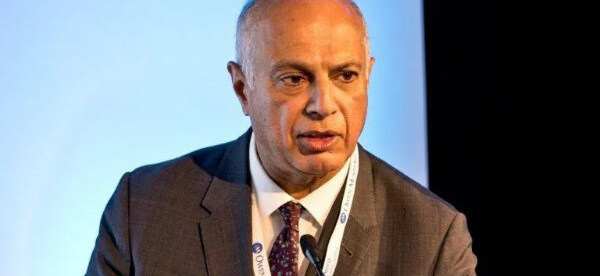
Prof Khunti has worked at the same practice, Hockley Farm Medical Practice, for 32 years.
“I started in general practice as a full-time GP. That was 32 years ago. It was a very inner-city practice which I then helped become a teaching practice, training practice and a research practice. A few years down the line, I went half time because I took an academic post at the University of Leicester. I was a partner until two years ago, when I resigned from the practice as a partner. I'm still a salaried doctor one day a week at the same practice.
My 32 years at the same practice has been fantastic as I still enjoy seeing my patients, and am now seeing three generations of them.”
As demonstrated by his role on the SAGE Committee, Prof Khunti is passionate about addressing health inequalities: “We know that there are certain communities, such as the deprived and ethnic minority populations who are disproportionately impacted by certain conditions including access to care. I was born in inner-city Leicester and went to a very inner-city school, so this was something I grew up with in terms of the inequalities within Leicester. And again, I think it's probably influenced my thinking and my research prioritisation as well.”
His future plans include continuing to learn the lessons of the pandemic and putting them in place on a global level, “prioritising people at the highest risk”, he said, with a focus on India and Africa.
He was awarded a CBE in the New Year’s Honours List, an achievement he feels is shared with his colleagues.
“I am absolutely humbled and honoured getting it. And I always say it reflects the work that my team here at the Leicester Diabetes Centre has been doing for over 20 years now,” he said.
Read more
Thank you for your feedback. Your response will help improve this page.

